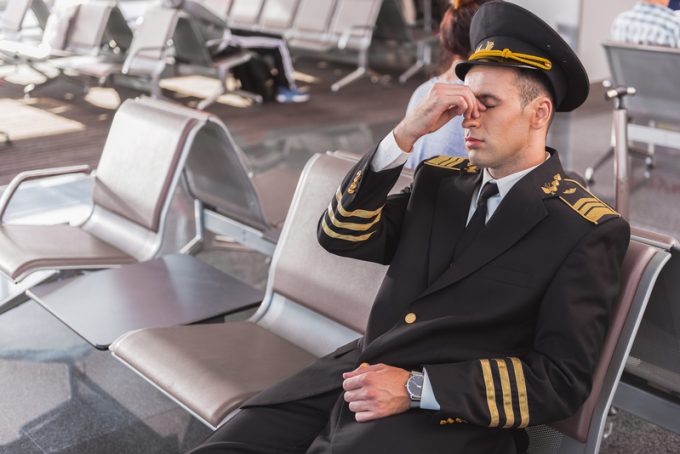Trading tensions with the US may push Brazil closer to China
Brazil is likely to seek new trading opportunities outside the US, after the US Trade ...

US lawmakers have introduced a bill that proposes stricter rules on work and rest periods for air cargo pilots.
Four congressmen – from both sides of the political divide – have tabled proposed legislation that calls for the rules for cargo pilots to be brought in ...

Comment on this article
John Q Publicus
December 03, 2019 at 1:02 pmYour posed picture is terrible. No airline, cargo or otherwise would allow a pilot male or female to wear a skirt that short. Pilot’s are professionals who understand the uniform requirements
Alex Lennane
December 03, 2019 at 1:03 pmThanks for your comment! I wondered that too, but was keen to put in a picture of a woman pilot. I will look for another…
Bill Fostwick
December 03, 2019 at 2:39 pmLooks more like a tired stripper after a pilot bachelor party.
Alex Lennane
December 03, 2019 at 2:41 pmOk, ok, will change it now!